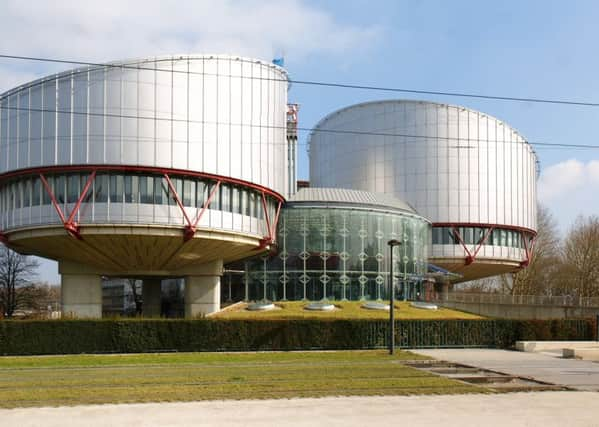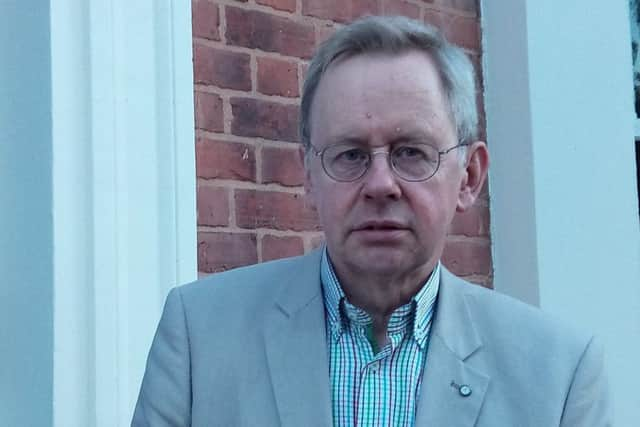Legacy inquests: Article 2 of the ECHR and the right to life


In the Stormont negotiations, there was much talk of the ‘Article 2 right to life’ and the ‘right to independent investigation’ of Troubles deaths, in particular where there is any allegation of ‘state involvement’ in any death.
What does all this mean?
To begin at the beginning, the European Convention on Human Rights (ECHR) was drafted (with much British input) in the years following the end of the Second World War in an attempt to ensure that the peoples of Europe should never again have to endure fascist dictatorship and that they might be protected against the then real threat of spreading communism in Europe.


Advertisement
Hide AdAdvertisement
Hide AdInitially, it was not envisaged that the convention should be the sole preserve of lawyers. The convention’s preamble makes it clear that it is a political as well as a legal document: the signatory states declared their profound belief that the fundamental freedoms which were ‘the foundation of justice and peace in the world’ were best maintained by ‘an effective political democracy’ and by ‘a common understanding and observance of the human rights upon which such fundamental freedoms depended’.
Of course, Northern Ireland currently suffers from a lack of ‘effective political democracy’ at Stormont. But perhaps an equal, or greater, problem is that there is possibly little or no ‘common understanding’ among everyone in Northern Ireland of the relevant human rights standards, particularly those which should properly apply in resolving the most difficult problems of ‘dealing with our past’. So this is an introduction to a series of articles which will investigate the proper contribution of ‘convention rights’ in this context.
First of all, Article 1 of the convention provides that the states party to the convention: -
“...shall secure to everyone within their jurisdiction the rights and freedoms defined in Section I of this Convention.”


Advertisement
Hide AdAdvertisement
Hide AdSection I is titled ‘Rights and Freedoms’: it includes the Article 2 ‘Right to life’ and also other very important rights such as the Article 10 ‘Freedom of expression’ and the Article 11 ‘Freedom of association and assembly’.
The ‘Right to life’ in Article 2 (1) is that ‘Everyone’s right to life shall be protected by law.’ There are some tightly drafted exceptions to provide that there is no contravention in certain specific circumstances such as where death results ‘from the use of force which is no more than absolutely necessary to defend another person from unlawful violence’.
Of course, in each case the key question will be whether the action taken was ‘no more than absolutely necessary’ in accordance with Article 2.
It is not the purpose of this article to discuss the scope and application of these exceptions, save to point out that it is in the interest of every citizen that the power of the state to take life is circumscribed and equally that servants of the state, such as police officers, should be duly protected in all cases where their actions can be shown to be ‘no more than absolutely necessary’.
Advertisement
Hide AdAdvertisement
Hide AdThe courts have interpreted the general statement of the ‘right to life’ to mean that it includes additional elements essential to the operation of Article 2, albeit not expressly set out in the text. Much of this is indeed parallel to the already well established principles of the common law that apply in Northern Ireland.
These additional elements will be discussed in the next article in this series.
• Neil Faris is a Belfast lawyer who does advisory work in public and commercial law